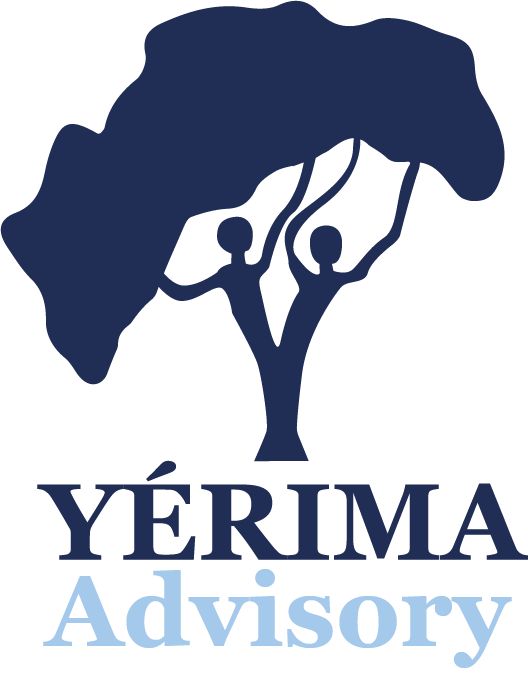
Structuring reliable financial reporting in Francophone Africa: challenges and best practices for multi-country groups
The structuring of consistent financial reporting across several Francophone African countries is becoming a growing strategic priority for expanding groups. While the OHADA framework provides a common regulatory basis, operational implementation remains complex due to local disparities.
In this context, building reliable, useful, and readable regional reporting requires rigor, methodology, and adaptability. This article outlines the main challenges encountered and the levers to be activated to address them.
A harmonized legal framework… but heterogeneous execution
The OHADA space includes 17 countries and provides a unified business law, notably through the revised SYSCOHADA framework. This harmonization is an advantage for groups operating in several states but does not eliminate differences in practices, digitalization levels, or accounting maturity among local subsidiaries.
For example, we observe:
- Very variable closing timelines,
- Sometimes divergent interpretations of accounting standards,
- Financial management tools unevenly deployed,
- Heavy reliance on manual processes.
These gaps may hinder data aggregation and affect the quality of consolidated reporting.
5 levers to secure reporting reliability
- Define a clear group framework
Before considering consolidation, it is essential to formalize a common foundation: expected financial statements, reporting perimeter, key indicators, currency conversion principles, specific restatements… This framework should be documented and shared with all relevant entities.
- Train local teams on consolidated reporting requirements
Understanding the rules is not automatic. It is not enough to impose a format: local accounting managers must understand expectations, deadlines, and required control levels. Training sessions, or even co-production periods, can be useful at this stage.
- Choose tools suited to local constraints
Not all groups have an ERP deployed across all their entities. Lighter solutions may suffice if they enable regular data collection, partial automation of restatements, and traceability of changes. Tool selection must consider the local technical environment (connectivity, skills, security).
- Implement a structured closing cycle
Success in multi-country reporting often depends on the quality of the closing process: clearly defined milestones, shared planning, progressive validations, standardized control points. Centralized monitoring with a progress dashboard can help quickly identify and resolve bottlenecks.
- Organize consolidation in several levels if needed
In some cases, regional consolidation (by geography or business line) can streamline the process and enhance data reliability. This intermediate step allows local specificities to be addressed before group-level aggregation.
What field experience shows
In several groups operating in West Africa, divergent accounting practices are frequently observed across entities, despite a common framework. Closing timelines can vary from two to six weeks, making overall management difficult.
Some standardization initiatives, when supported by strong regional management and clear documentation, have significantly improved data reliability. Over the medium term, these efforts translate into shorter consolidation timelines, improved financial visibility, and a better ability to identify areas of performance or underperformance.
Conclusion
Establishing reliable regional-level reporting is a necessary investment to manage performance, secure strategic decision-making, and engage effectively with financial stakeholders.
At Yérima Advisory, we support groups in structuring their multi-country reporting, with in-depth knowledge of Francophone African contexts and on-the-ground constraints.
📩 A project underway or upcoming? Let’s talk.

Salim Orou Yérima
- Financial advisory, Accounting advisory and Audit

